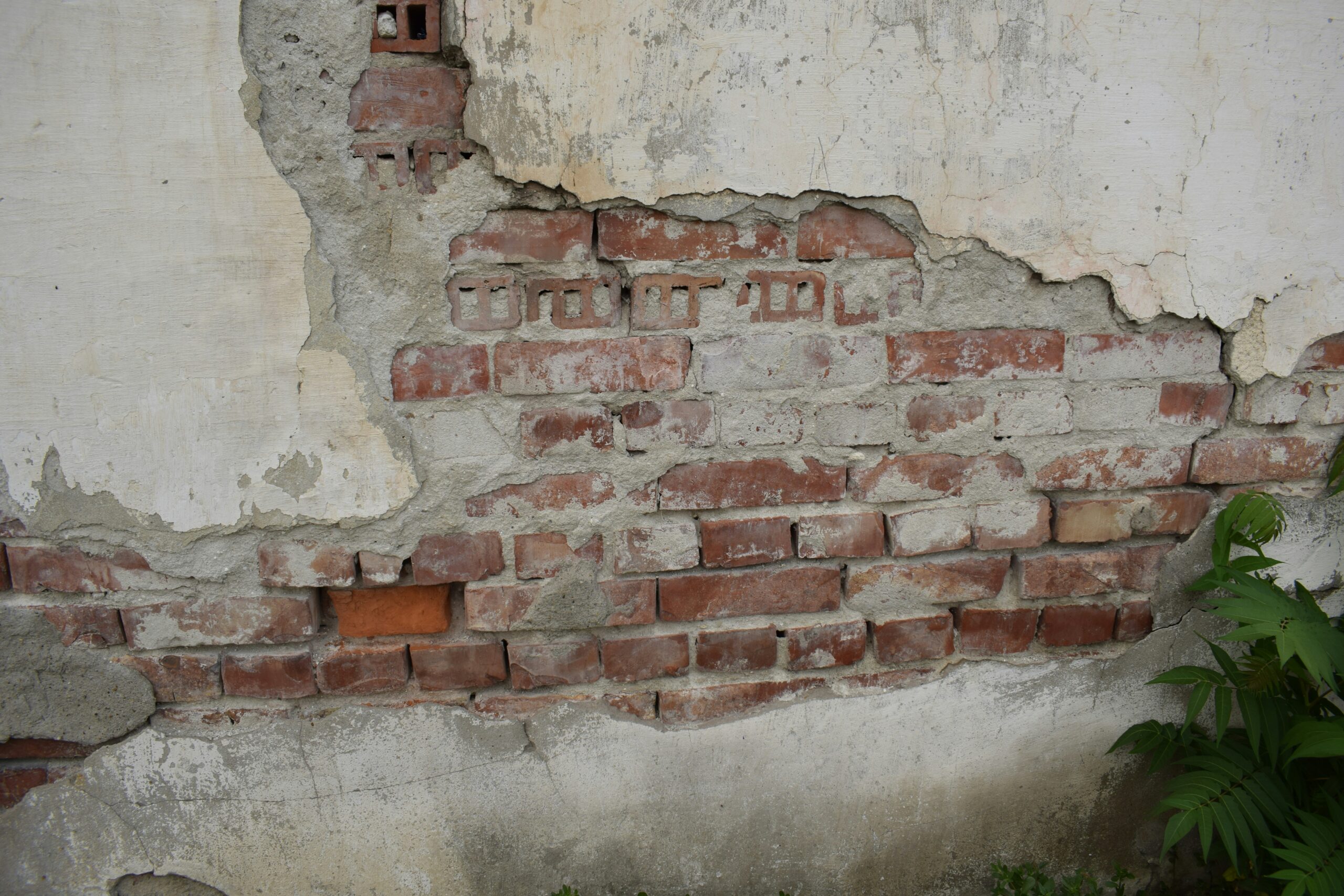This blog is part of a series of dispatches from Elena De La Paz, who is working at Casa Esperanza, a ministry that serves migrants in the northern border town of Los Chiles, Costa Rica. In this series, she wrestles with what it means to follow Jesus’ invitation to live justly, so that everyone can flourish. Read her other posts here and here.
Growing up in the church, I thought Lent was about giving up something, like coffee, Netflix, or sugar. It was individualistic and very much centered around elimination. My understanding of sin, too, had a lot to do with elimination, or not doing certain things.
A couple years ago, I heard a prayer that shook me up:
“we confess that we have sinned against you
in thought, word, and deed,
by what we have done, and by what we have left undone.”
The words grabbed me, because it totally went against my understanding of sin.
The process has been slow, but the Spirit and el pueblo have helped me understand that sin is not just the things that I do that don’t bring life and flourishing, but also my refusal to act – to leave things undone. My complicity is sin too.
A life of love and justice means that I am called forth into a new way of life that invites right (just) action and interdependence.
So this Lenten season, instead of focusing on what I need to give up, I’m reflecting on Isaiah and his invitation to understand fasting as right action that brings about life and well being for the entire community.
These words pierced my soul, and have continued to challenge me and give me vision for the kind of life that Christ invites us to embrace.
Meditate: Isaiah 58:3, 6-7
‘Why have we fasted,’ they say,
‘and you have not seen it?
Why have we humbled ourselves,
and you have not noticed?’
“Yet on the day of your fasting, you do as you please
and exploit all your workers.”
“Is not this the kind of fasting I have chosen:
to loose the chains of injustice
and untie the cords of the yoke,
to set the oppressed free
and break every yoke?
Is it not to share your food with the hungry
and to provide the poor wanderer with shelter—
when you see the naked, to clothe them,
and not to turn away from your own flesh and blood?
Consider: How Do We Act Justly?
How often are we so focused on not acting a certain way, that we miss the invitation to move with the body of Christ to ACT justly?
How is God inviting you to loose the chains of injustice in your context?
At the end of this passage the prophet paints a vision for the kind of life God’s people are invited to participate in and the new identity that is formed as a result:
Repairer of Broken Walls and Restorer of Streets with Dwellings (Isaiah 58:12).
I currently live in an intentional Christian living community called Casa Adobe in San José, Costa Rica. As I ponder what it means to cultivate practices that form us to be Repairers and Restorers, I recognize that learning to literally repair a broken wall in the house we live in requires me to embrace a kind of dependence on the people around me. I don’t know how to fix a broken wall on my own, so I must learn from people who have this knowledge and wisdom.
Even though we are a community of people from many different countries, cultures, languages, and experiences, we are irrevocably interdependent. We choose to embrace habits of living together and depending on one another because as the prophet says, we are part of the same flesh and blood (Isaiah 58:7). Or as Martin Luther King, Jr. says, “we are caught in an inescapable network of mutuality… whatever affects one directly, affects all indirectly.”
Practice: Communal Habits
For me in this Lenten season, the words of Isaiah extend two specific invitations:
- To embrace habits that move my community to ACT justly – sharing our food with the hungry, providing shelter for the wanderer, and clothing the naked. With this we form our identities around being people that repair and restore. These acts of justice are intended to tear down the systems and structures that separate us, but it doesn’t stop there.
- Isaiah also paints a vision for the people of God to be like a well-watered, flourishing garden where each being is interconnected and mutually dependent on the others in the ecosystem. We are called to recognize our interconnectedness and learn to mutually depend on one another.
Maybe you, like me, are finding yourself challenged by the words of Isaiah to reimagine what it means to fast.
In this last week of Lent, I invite you to ask: what does our fasting lead us to do?
For example, if our fasting only eliminates coffee from our morning rhythm for 40 days, but doesn’t challenge us to think about the injustice of a system that minimally pays Nicaraguan migrant workers who come to work the coffee harvest in Costa Rica, then we’ve misunderstood Isaiah’s words and God’s invitation to be Restorers and Repairers that reject the exploitation of the workers (Isaiah 58:3), and ACT justly on behalf of our own flesh and blood (Isaiah 58:7).








